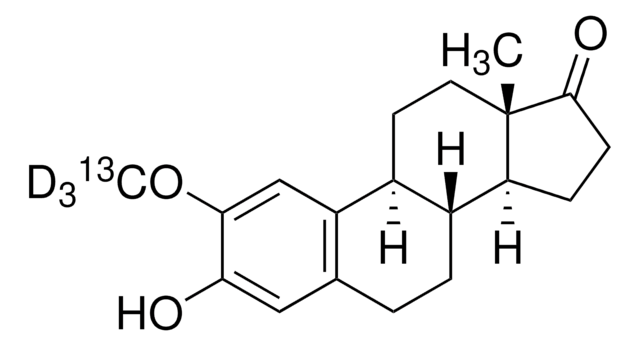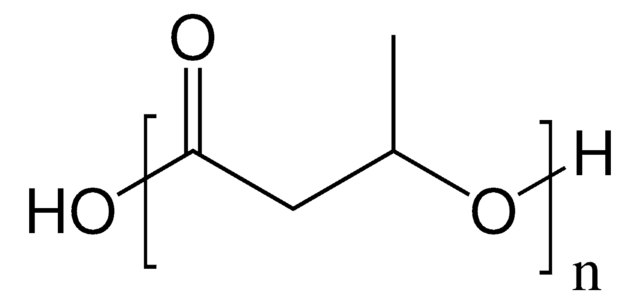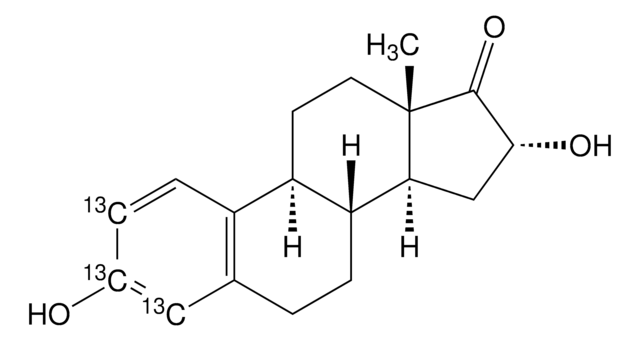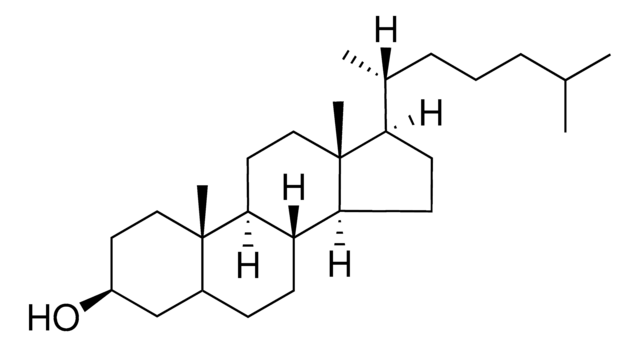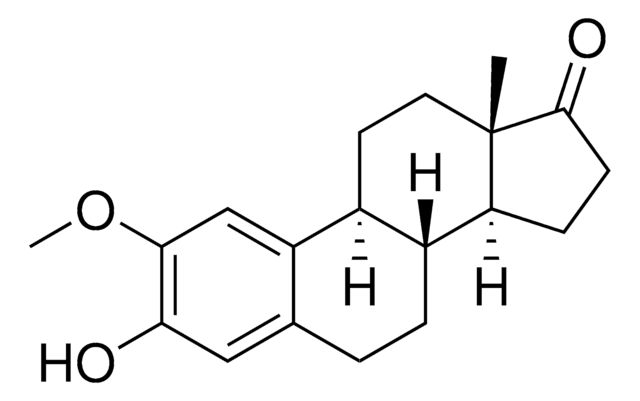719846
Resomer® X 206 S, poly(dioxanone)
Synonym(s):
PDS
About This Item
Recommended Products
form
solid
Quality Level
degradation timeframe
<6 months
inherent viscosity
1.5-2.2 dL/g, 0.1 % (w/v) in hexafluoroisopropanol(30 °C, Ubbelohde) (size 0c glass capillary viscometer)
transition temp
Tg −10-−5 °C
Tm 110-115 °C
storage temp.
−20°C
SMILES string
O1CCOC(=O)C1
InChI
1S/C4H6O3/c5-4-3-6-1-2-7-4/h1-3H2
InChI key
VPVXHAANQNHFSF-UHFFFAOYSA-N
Related Categories
General description
Application
Legal Information
Storage Class Code
11 - Combustible Solids
WGK
WGK 3
Flash Point(F)
Not applicable
Flash Point(C)
Not applicable
Choose from one of the most recent versions:
Already Own This Product?
Find documentation for the products that you have recently purchased in the Document Library.
Articles
Main features of p-dioxanone, glycolide and lactide based copolymers
Aliphatic polyesters such as polylactide, poly(lactide-co-glycolide) and polycaprolactone, as well as their copolymers, represent a diverse family of synthetic biodegradable polymers that have been widely explored for medical uses and are commercially available.
Aliphatic polyesters such as polylactide, poly(lactide-co-glycolide) and polycaprolactone, as well as their copolymers, represent a diverse family of synthetic biodegradable polymers that have been widely explored for medical uses and are commercially available.
Innovations in polymer technology have had a significant impact on the advancement of novel drug delivery systems.
Related Content
Interest in utilizing biodegradable polymers for biomedical applications has grown since the 1960s.
Global Trade Item Number
| SKU | GTIN |
|---|---|
| 719846-1G | 4061826138601 |
| 719846-5G | 4061832929002 |
Our team of scientists has experience in all areas of research including Life Science, Material Science, Chemical Synthesis, Chromatography, Analytical and many others.
Contact Technical Service
